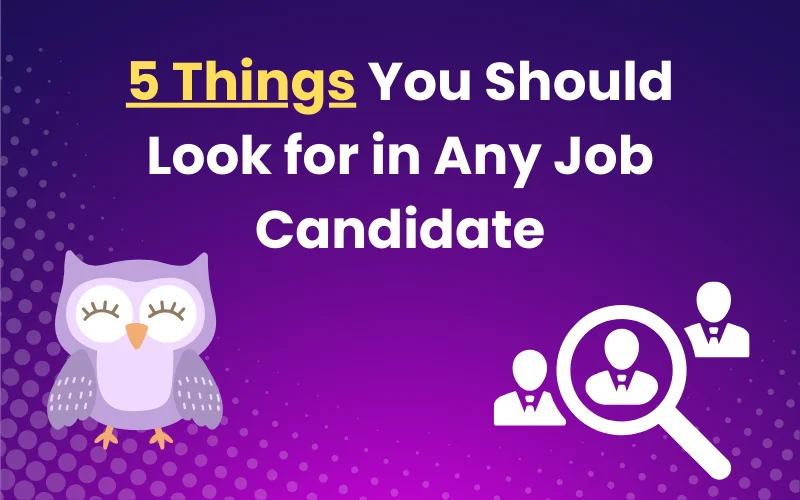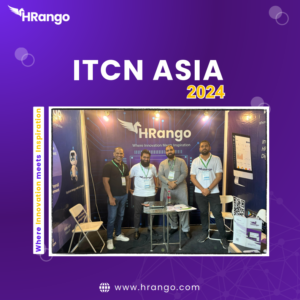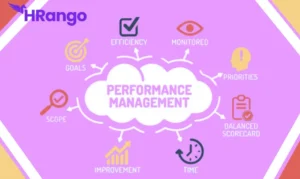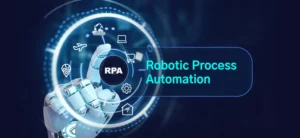Hiring the right job candidate with the help of hRango is a crucial task for any organization. The right person not only fills the role but also contributes positively to the company’s culture and success. So, what exactly should you look for when sifting through resumes and conducting interviews? Here are five essential attributes every job candidate should possess:
1. Relevant Experience and Skills of Job Candidate
When considering a job candidate, the first thing that often comes to mind is their experience and skill set, which hRango can help you assess effectively. This isn’t just about the number of years they’ve spent in the industry; it’s more about the quality and relevance of their experience. For instance, a candidate who has directly worked on similar projects or has handled responsibilities akin to the job description can hit the ground running.
Why is this important? It minimizes the training period and allows the candidate to contribute effectively from the get-go. A job candidate with the right skills, such as proficiency in necessary software, technical know-how, or specific methodologies, can seamlessly integrate into the role.
Example: If you are hiring for a digital marketing position, look for job candidates who have hands-on experience with SEO, Google Analytics, and social media advertising. Their ability to craft effective marketing strategies can significantly boost your online presence.
2. Cultural Fit of Job Candidate
Cultural fit is a bit of a buzzword in the hiring world, but it’s a crucial aspect of any successful hire, and hRango can help you identify candidates who align with your company’s values. Cultural fit means that the candidate shares your company’s values, beliefs, and behaviors. This doesn’t mean hiring clones of your current employees but finding individuals who can thrive in your work environment.
Why does this matter? A good cultural fit leads to higher job satisfaction, better teamwork, and lower turnover rates. Employees who fit well within the company culture are more likely to be engaged and productive.
Assessing Cultural Fit: During the interview process, ask questions that reveal a candidate’s values and work style. For example, “Can you describe a work environment where you were most productive and happy?” Their response can provide insights into whether they would mesh well with your current team.
3. Adaptability and Flexibility of Job Candidate
In today’s fast-paced business world, adaptability is key. Companies evolve, markets change, and new challenges arise. Employees who can adapt to these changes and remain flexible are invaluable.
Why is adaptability important? Adaptable employees are not thrown off by unexpected changes. They can pivot when necessary and find innovative solutions to new problems. This quality is especially important in dynamic industries like technology or marketing.
Gauging Adaptability: Ask candidates about times when they had to adjust to significant changes at work. For example, “Can you tell me about a time when you had to learn a new skill or adjust to a major change quickly?” Their answers can highlight their ability to manage change effectively.
4. Strong Communication Skills of the job candidate
Communication is the cornerstone of effective teamwork and successful projects. Whether it’s verbal or written, clear communication helps in preventing misunderstandings, aligning goals, and fostering a positive work environment.
Importance of Communication: Good communicators can articulate their thoughts clearly, listen actively, and provide feedback. This is vital for collaboration and ensuring that everyone is on the same page.
Evaluating Communication Skills: During interviews, pay attention to how candidates express themselves. Are they clear and concise? Do they listen and respond thoughtfully? Also, consider conducting a written exercise to assess their writing skills if the job requires extensive written communication.
5. Problem-Solving Abilities of Job Candidate
Every job comes with its share of challenges. Employees who can think critically and solve problems efficiently can save time and resources, driving the company forward.
Why are problem-solving skills crucial? They enable employees to tackle obstacles independently, leading to innovation and continuous improvement. Problem solvers are proactive, not reactive, which means they anticipate issues before they escalate.
Assessing Problem-Solving Skills: Ask candidates about specific instances where they had to solve a challenging problem. For example, “Can you describe a difficult problem you solved at work and the steps you took to resolve it?” This will give you a sense of their approach and thought process.
Conclusion
Hiring the right candidate is more than just filling a vacancy. It’s about finding someone who can contribute positively to your organization’s goals and culture. By focusing on relevant experience and skills, cultural fit, adaptability, communication skills, and problem-solving abilities, with the assistance of hRango, you can build a strong, cohesive team that drives your company’s success.
FAQs
How can I test a candidate’s problem-solving skills?
One effective method is to present them with a real-life problem scenario related to the job and ask how they would handle it. This not only shows their problem-solving process but also their creativity and practical application of knowledge.
What questions should I ask to understand a candidate’s adaptability?
Ask about past experiences where they had to adapt to significant changes. Questions like, “How do you handle unexpected challenges?” or “Can you provide an example of a time you had to quickly adjust to a new situation at work?” can be insightful.
How important is cultural fit compared to skills and experience?
While skills and experience are essential for job performance, cultural fit is crucial for long-term engagement and job satisfaction. A candidate who aligns with your company culture is likely to stay longer and be more productive.
Can communication skills be improved after hiring?
Yes, communication skills can be developed with the right training and practice. Workshops, coaching, and regular feedback can help employees enhance their communication abilities over time.
What are the best ways to verify a candidate’s experience?
Conducting thorough reference checks and reviewing their work history in detail can help verify their experience. Asking for specific examples of their work or even work samples can also provide proof of their expertise.







